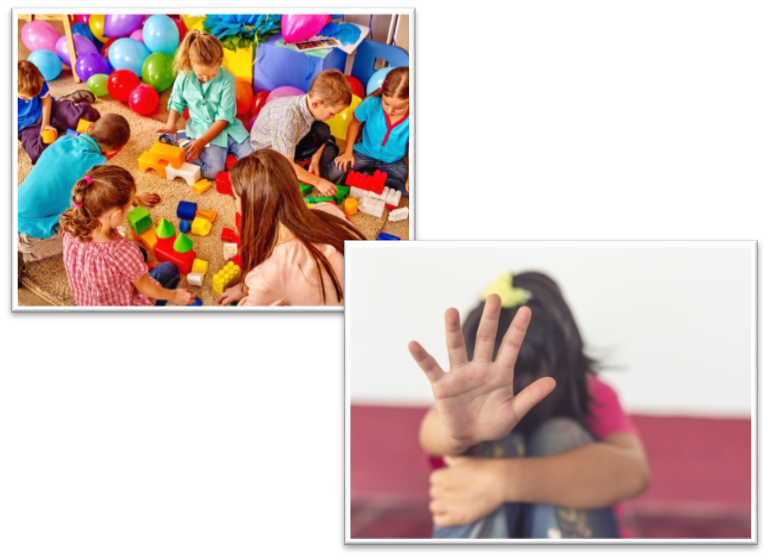Note that your final mark will not be saved in the system.
A1 Social factors GapFill
You must fill all the gaps before clicking ‘Check Answers!’

Humans are social creatures. We exist in a social world, and nearly everything we do involves or has an impact on the interactions that we have with other people. Because of this, our relationships in wider society have a significant influence on our health and wellbeing, both positively and negatively.
The social an individual has with other people can be positive or negative, and the quality of an individual’s relationships is very important. Relationships which are are those that are healthy and positive, and should involve emotional support and encouragement to improve one’s health and wellbeing. For example, parents can provide this for a child by showing an understanding of their life choices, even if it may appear to them as unconventional. Relationships which are can be detrimental to someone’s health and wellbeing and reduce self-esteem. For example, these may involve a criticism from a parent or conflict with a spouse, or if a child suffers from abuse and neglect.
The term ‘social ’ means being involved in and part of a community. This is important for helping an individual to feel as though they are a valued part of society, which helps to increase self-esteem and prevent . On the other hand, social is when individuals have limited contact with other people and a reduction in the ability to participate in society. One aspect of this is , where an individual or a group is maltreated based on the grounds of a shared characteristic, such as gender or ethnicity. This may tie in with physical or emotional intimidation in the form of bullying, in order to prevent social integration, and is sure to have a harmful impact on someone’s wellbeing. This is often observed at where vulnerable children are easily targeted, or in the workplace where bosses exert their power over employees.